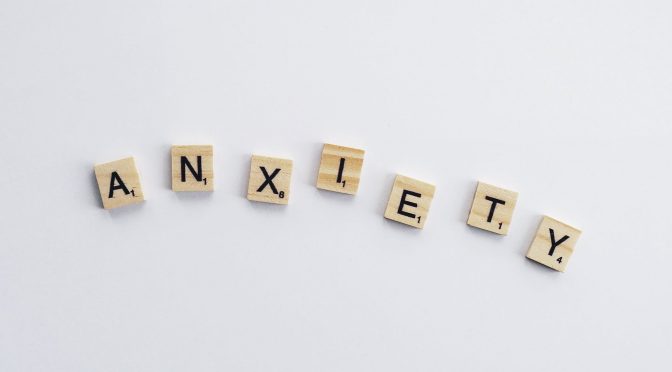Cognitive Behavior Therapy
In the previous post in this series, I looked at the intrinsic value of creative writing. In this part, I’m looking at the benefits writing brings as a practice.
How did I conquer my fears in order to finish my first novel (draft)? The answer is that I didn’t. In fact, this time, I gave up entirely on conquering anything. I decided to instead see what would happen if I actually did try instead of waiting for conditions to be right for writing. Because the one experience I couldn’t suppress, is my memory of how much joy writing brought me in the time before ego inflation was my main driver.
Fear vs. Anxiety
If you’ve made it this far, you may have an inkling that I manage anxiety. Looking back, I can see that I’ve had it my whole life. It might be PTSD, it might be genetic. It’s likely both because anxiety promotes responses from other people and institutions that tends to increase anxiety in a “virtuous” cycle.
I stopped looking for a cause, which is the first step in managing it. Medication helped for acute attacks, but the long-term approach turned out to be mindfulness practice, including meditation. In my experience, I find that anxiety is an environmental state of the body, like the weather. It arises and passes over. With a few tools – an umbrella and galoshes, if you will – you can ride it out.
I have to accept that I’ll feel uncomfortable, even miserable, but it’s only right now – however long “now” lasts is immaterial, if I’m OK now, I can be OK in the next moment too. The key for me is to let go of changing it because letting in the suffering only stokes the anxiety, giving the body positive feedback that it was right to sense danger.
I felt that writing might be beneficial as a mindfulness practice but I needed to deal with all the previously delineated excuses and fears. I knew from past experience that I could get into “the zone” and lose myself in the task. In the past, I had looked for times that had the least impact on other people. Writing was something I pushed to the very end of the day after I had worked a full day, managed my household responsibilities, and my family was asleep and it was just me at the end of the day with all the rest of the day to write. So, I was writing exhausted and if I managed to do any writing at all it would shorten my sleep ensuring that I would begin the next day tired.
A Writing Practice
This time, I felt that the best choice was to start the day writing, to pay myself first. I would get up early after a full-night’s sleep, and before doing anything, I would give the first two hours of the day to creativity. I set a timer and set to work. The actual content didn’t matter because I was using the time as therapy. My one brave choice was to say that I deserved to do something for myself and to prioritize my own mental health and well-being.
I find that writing processes anxiety. It takes the energy and releases it or contextualizes it. I don’t always enter “the zone” but writing was the way into it. If I keep my fingers moving long enough, the mind will start to trust the process. Like a child that keeps raising their voice until you pay attention, writing quiets the nagging thoughts because you finally stopped ignoring them.
A byproduct of the practice is through taking care of your needs, prioritizing yourself, you have more to give others. You have more energy, not less. You don’t deplete your creativity, you amplify it. You are less stressed, happier, and if my spouse is to be believed, better to be around.
In short, while people had always said, “You need to write for yourself,” what I needed to hear is “write for your self.” Again, Chalk it up to being stubborn or a slow learner, but it took me this long to realize because I am a fighter. My ego is a worthy opponent and it took this long to defeat it. But I feel victorious even if no one ever reads my novel. Even if it sucks. I’m going to keep sitting down every day as an author because the process itself is rewarding.
I’m going to write every day now as part of my own therapy, but In the next part, I’ll address the mind trick that helped me get over my creative inhibitions.

